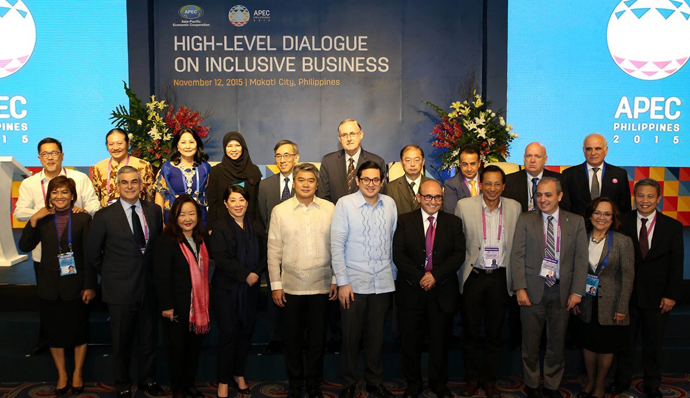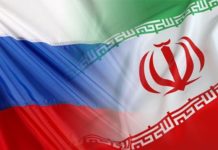By Doaa Hussein
The 2nd Inclusive Business Forum in Asia was held last week in Manila, the Philippines, in order to tackle recent innovative approaches and examples of inclusive business investments. The Forum was organiSed by the Asian Development Bank (ADB) and eight of its key partners.
According to the inclusive business hub website, over 250 practitioners from businesses, investors, governments, and development partners were brought together in the most significant event on IB (Inclusive Business) in Asia. The ADB is defining Inclusive Business as “a private sector core business activity that creates – at scale – innovative and systemic solutions to the relevant problems of poor and low-income people.”
IB considers the base of income pyramid (people living below $3 – $4 poverty line, shaping 60 per cent of Asian population), as the main target of its operations. This sector offers them goods and services at reasonable prices, as well as, involves them as suppliers, employers, or distributors.
Business models are deemed as Inclusive Business only when they pay better than market rates, then it can be differentiated from supply and value chain companies. Despite being created for social impact, Inclusive Businesses get profit with internal rate of returns of 10-40 per cent, if compared to social enterprises and corporate social responsibility activities, which target startups not companies in the growth phase. The IB is growing worldwide as a new investment approach, with a portfolio of over $10bn.
Inclusive Business also differs from the original base of the pyramid approach, as it is more about a systemic contribution to a poverty problem rather than broadening consumption goods for the poor, which not always addresses key social issues, as of ADB. As for the success secret of IB companies, “innovation” is the key because the margin per unit is typically low, given customers, who are the poor, the Guardian newspaper reported. As an example of IB, TCS mKrishi is a large company in India which offers communication services to farmers on their mobile phones in domestic languages.
In remote areas, they can connect to their stakeholders, access good quality agricultural inputs, find advice on farming practices, and get information on market prices, weather and other information that can help in planning and boosting yields. In spite of its success, IB faces some challenges, including lack of entrepreneurs with innovative ideas to pump investments into poor people’s benefit.
Alongside, Inclusive Businesses are mainly medium sized and family owned companies, according to the Guardian, in that governments exert a lot of effort to bolster this sector, which has a remarkable social turn over.
Hence, in order to upscale such initiatives in Arab countries, governments need to differentiate them from other companies, as well as, create transparent accreditation systems that will prioritise accredited IB firms. A good overview of successful IB companies should also be made, in order to make use of their experiences and avert failures.












